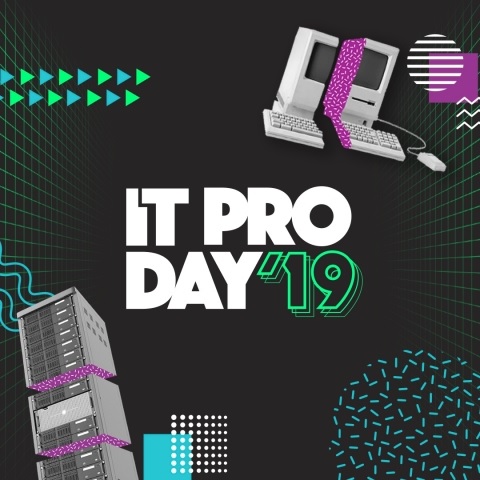
The skills gap is a very real issue impacting today's IT professionals — not only are diverse technology skills crucial for managing modern IT environments effectively, but they drive career growth and progression — with the potential to even create a key competitive advantage for some tech pros. Developing these skills, however, is easier said than done.

Despite the understanding IT pros have of the future tech landscape, 70 percent of respondents surveyed in the SolarWinds IT Trends Report 2019: Skills for Tech Pros of Tomorrow said they aren't "completely confident" they have the necessary skills to successfully manage their IT environments over the next three-to-five years. The lack of confidence affects tech pros' career development and could even impact the successful operation of modern tech environments.
The overall key findings of the new survey: Building Confidence for Tech Pros of Tomorrow show that despite IT professionals' clarity on emerging technologies, the road to career confidence is challenging. However, the road can be a bit smoother if business leaders and IT professionals work together to bolster confidence and encourage skills development.
Despite the lack of tech pro confidence in managing current and future environments revealed in the report, skill development is still on the back burner.
Nearly 60% of survey respondents have not actively pursued a new skill or completed a certification in the last six months.
Some tech pros attempted to pursue a new skill: 63% of survey respondents started a certification process (such as Microsoft, Cisco, AWS, VMware) but did not complete the course.
Nearly half (47%) cited lack of time to commit to completing the course as the reason they stopped before completion.
Organizations are working to resolve the data center labor shortage in ways that resonate with tech pros.
In-company trainings ranked as a top-three tactic for addressing the labor shortage, with 35% of respondents selecting this option.
Similarly, the majority of survey respondents (54%) cited full-day in-person workshops as providing the most value for the time spent when it comes to IT skills training materials.
Organizations using automation to address this gap (31%) point to business investment in new ways to help their staff develop skills.
Developing soft skills is becoming increasingly important in driving career growth.
Nearly half of survey respondents (46%) cited interpersonal communications skills as most critical for their continued career growth. Other top skills included:
■ Project management: 56%
■ Public speaking/presentations: 52%
While most tech pros feel confident communicating with business leaders, they're not always equipped with the support and tools necessary to do their jobs effectively.
The top two requirements for tech pros to become confident managing current and future environments are:
■ Increased budget/additional resources: (64%)
■ More support from IT or business leadership: (48%)
Most tech pros feel comfortable communicating with business leadership when it comes to requesting technology purchases and investing time/budget into team trainings.
44% are very comfortable and nearly 50% are somewhat comfortable
Skills in application performance management (APM) are becoming increasingly necessary for tech pros across disciplines to possess. Tech pros have an appetite to develop APM skills further.
Respondents cited application support, troubleshooting, and monitoring as responsibilities they are tasked with falling outside their core job description.
Specifically, 53% cited user experience monitoring of applications as an additional required skill to develop to confidently manage their environment, which points to the continued prioritization of an exceptional end-user experience.
Despite the challenges technology professionals encounter, they manage to keep pace with the ever-changing world of IT, always finding ways to solve issues and evolve with technology. IT Pro Day celebrates them by recognizing their work and supporting their professional growth.
